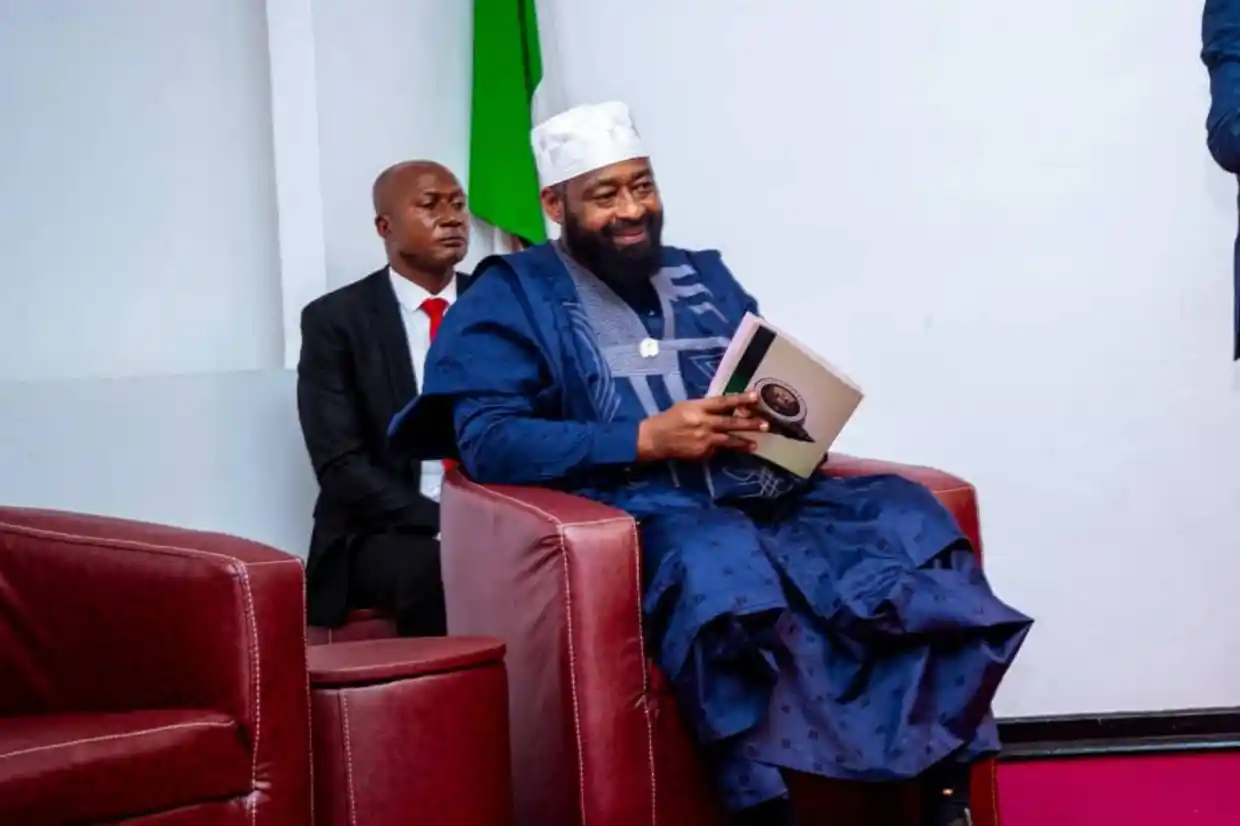Niger State Governor and farmer, Mohammed Umaru Bago, has called for a national agenda that will guarantee food sovereignty in Nigeria. He made this call while delivering a keynote address at the 2025 World Food Day celebration organised by the Nigerian Institute of International Affairs in Lagos. The theme of the event was “Food Security to Food Sovereignty: How far has Nigeria gone?”
Bago outlined five key priorities that he believes should guide the country’s national food agenda. These include embracing modern and climate-smart farming, reducing post-harvest losses through improved storage and processing, making credit and inputs work for real farmers, protecting farms and rural communities from insecurity, and anchoring agricultural policy on long-term national plans rather than political cycles.
According to him, “These steps are not impossible. We have done some of them before. When the government restricted poultry imports years ago, local production grew dramatically. With political will and a clear strategy, we can do even more.”
He explained that the theme for this year’s World Food Day is a call to action, urging Nigerians to move from just food availability to full control over how food is produced, distributed, and consumed. Bago pointed out that despite agriculture’s importance to the economy, hunger and malnutrition remain serious challenges. He blamed this on the nation’s overreliance on food imports and neglect of the livestock sector. He stressed that with better investment in cattle, pastures, value chains, and reduced post-harvest losses, Nigeria can achieve genuine food security and self-sufficiency.
The governor highlighted several major investments by his administration aimed at boosting food production and agricultural development in Niger State. These investments include mechanisation, irrigation systems, value chain development, and strong partnerships. He mentioned the Livestock Modernisation Project with Brazil, which is designed to improve animal breeds, enhance veterinary services, and create opportunities for women, youth, and herders.
He also spoke about efforts to boost crop production, including the acquisition of thousands of tractors, a ₦1.8 trillion rice deal with Dangote Rice Limited, and collaborations with AfricaRice to develop climate-resilient seeds and promote modern farming technologies. He mentioned a cotton partnership with the Republic of Benin, aimed at promoting local value addition, job creation, and regional trade.
Bago expressed concern over the damage caused by flooding to farms in Niger State and other parts of the country. He revealed that the state is working with the World Bank through the ACReSAL Project to build stronger climate defences, develop irrigation systems, and improve early warning systems. He said these steps are meant to safeguard current gains while ensuring future sustainability in agriculture.
He emphasised the importance of joint efforts between government, research institutions, the private sector, communities, and development partners to make Nigeria a food-secure nation. He reaffirmed Niger State’s commitment to leading the agricultural transformation and invited stakeholders to collaborate with his administration to turn good ideas into lasting impact.
Bago thanked the management of the Nigerian Institute of International Affairs for the opportunity to deliver the keynote address. He also praised the Director General of the institute, Professor Eghosa Osaghae, describing him as a respected scholar whose leadership has inspired many.

